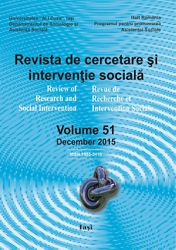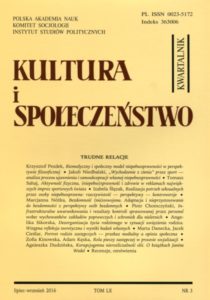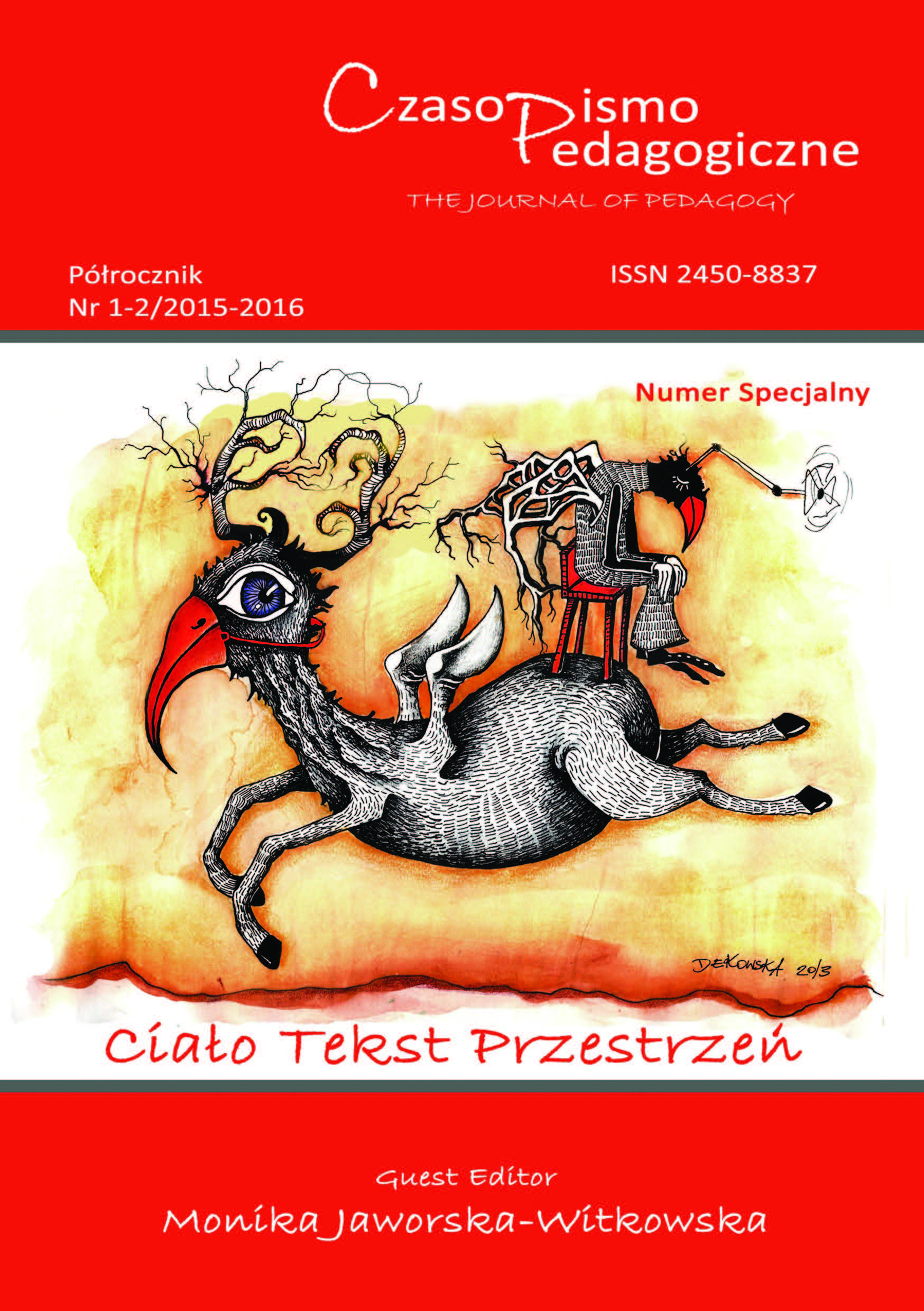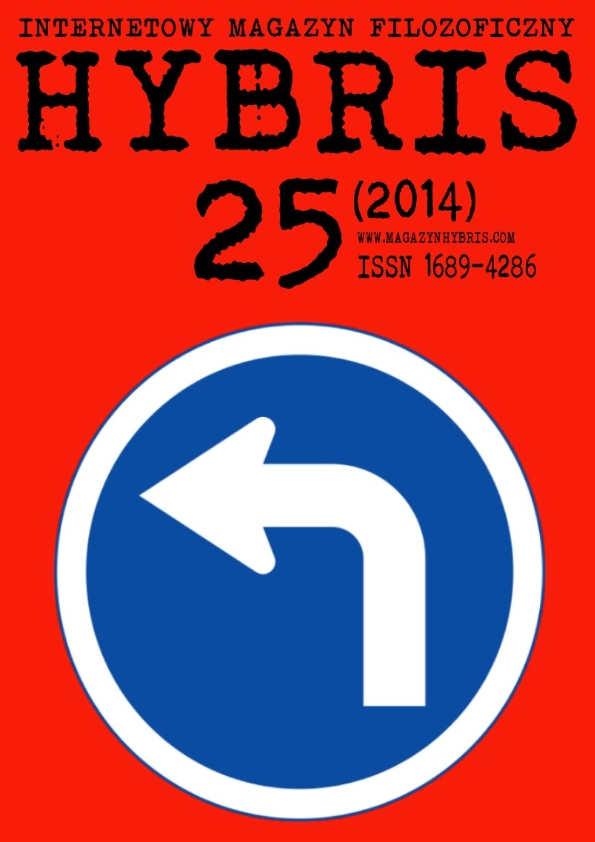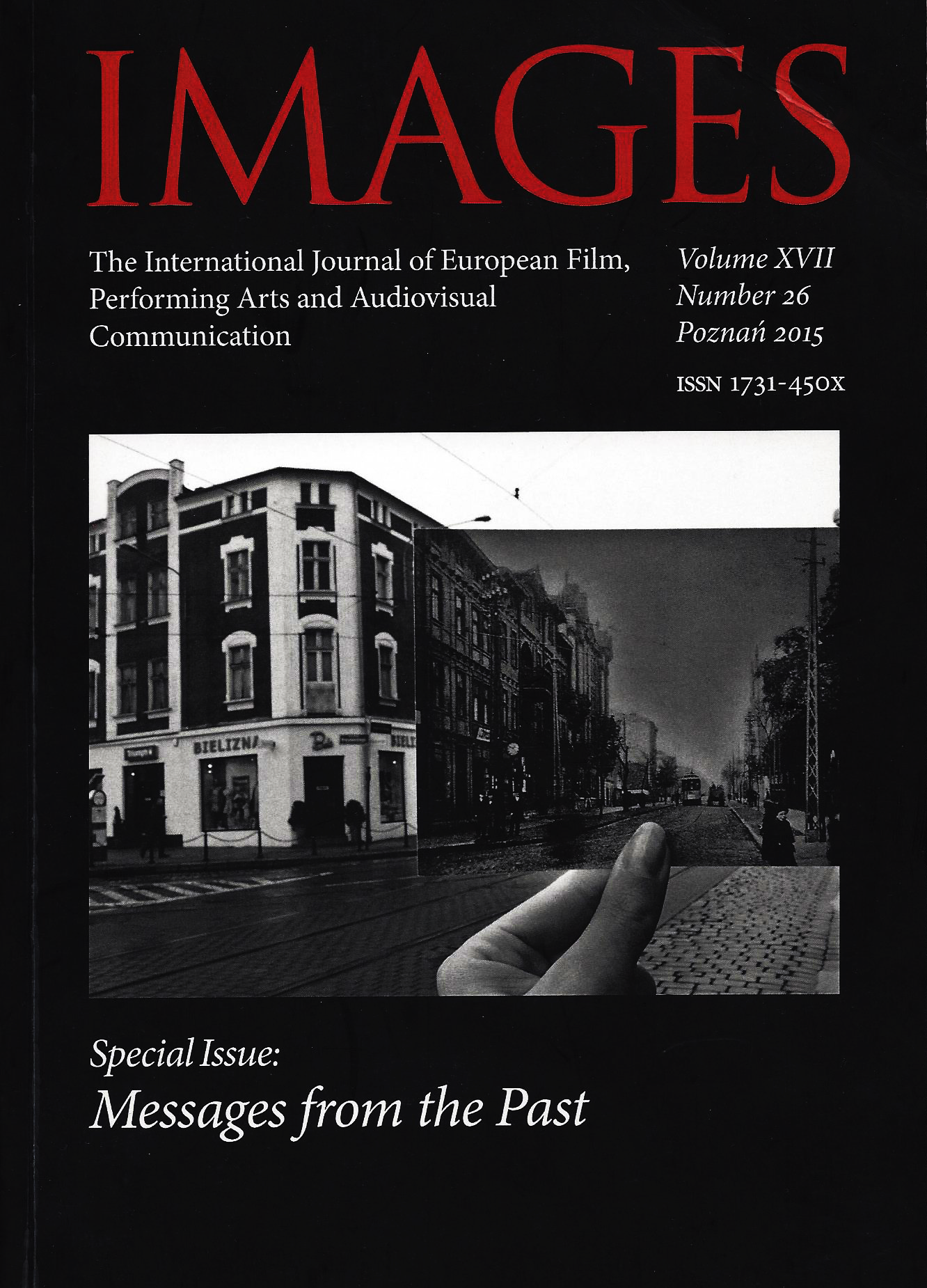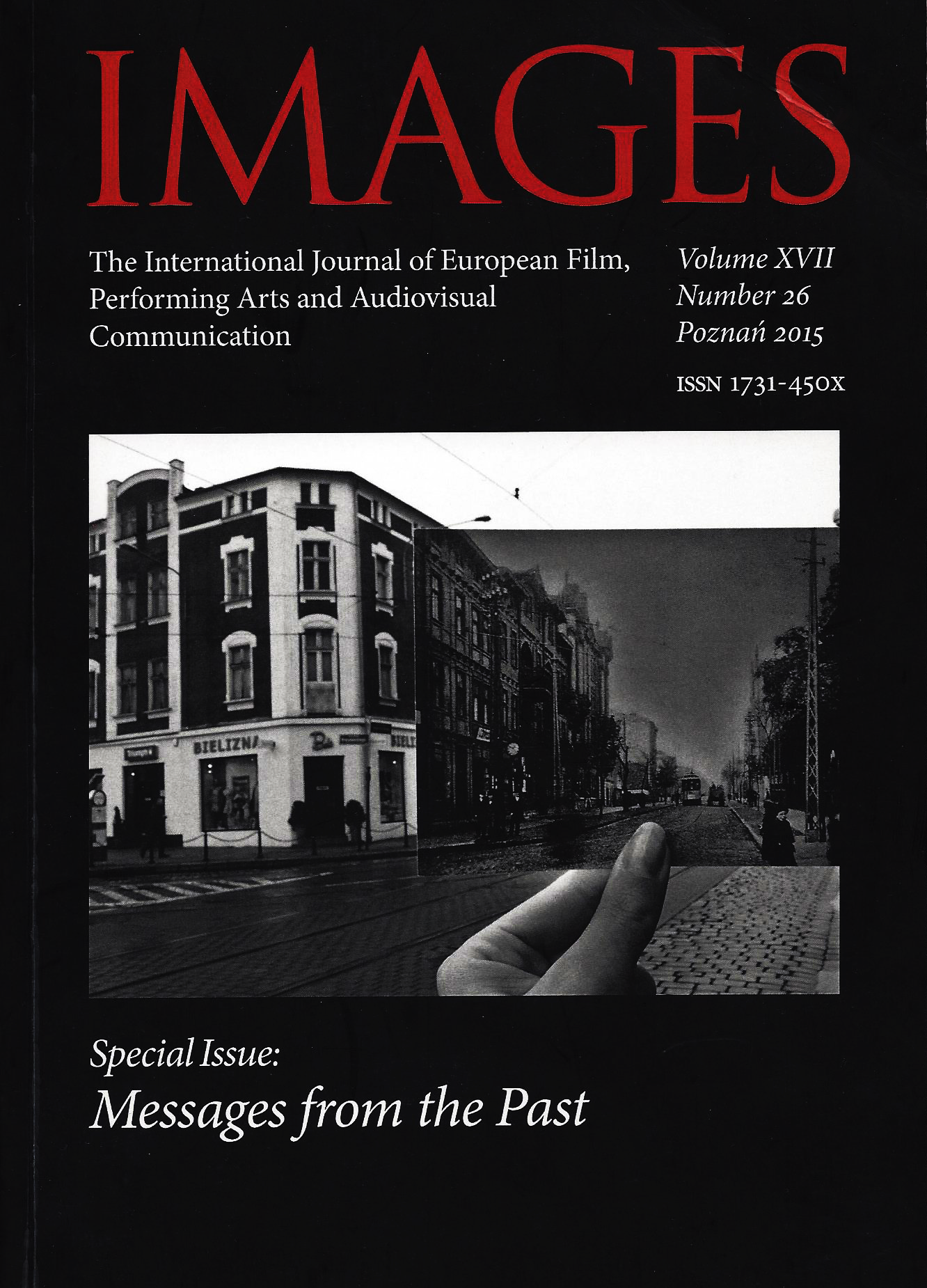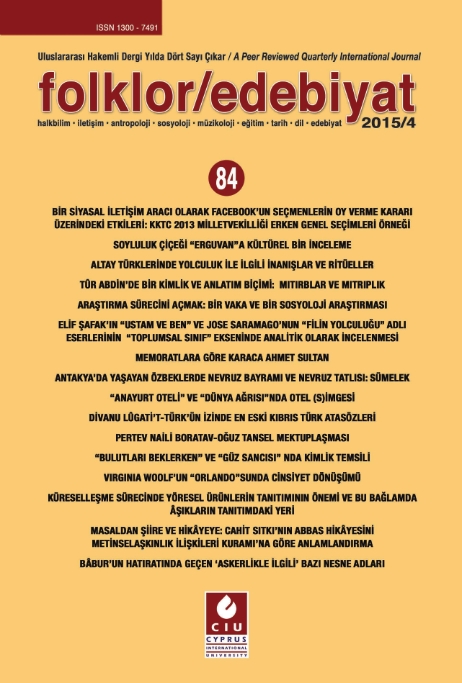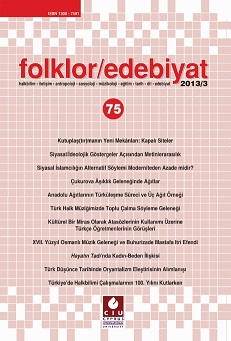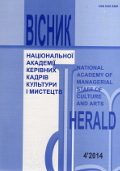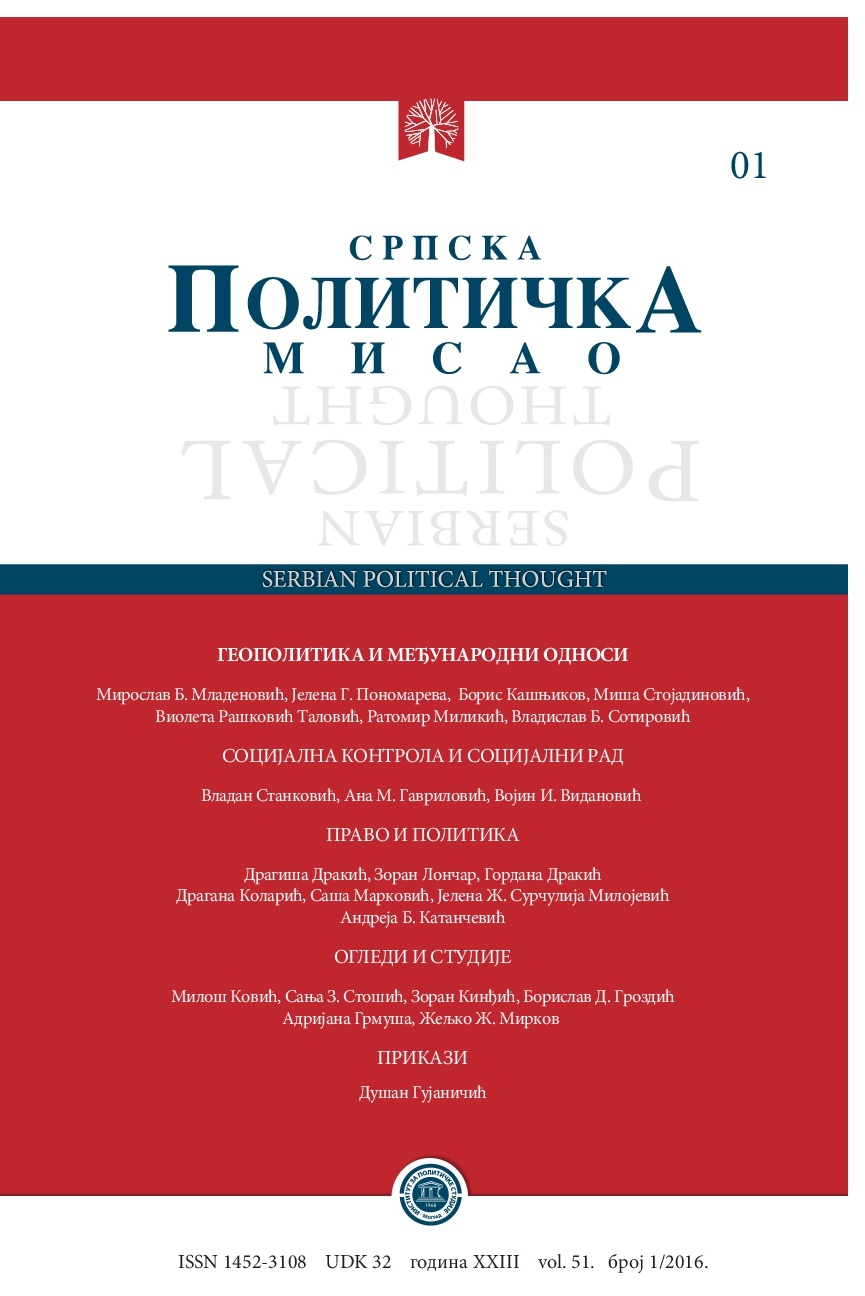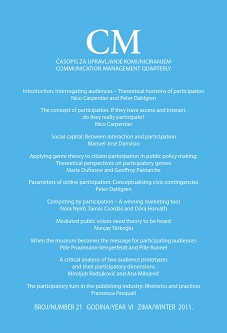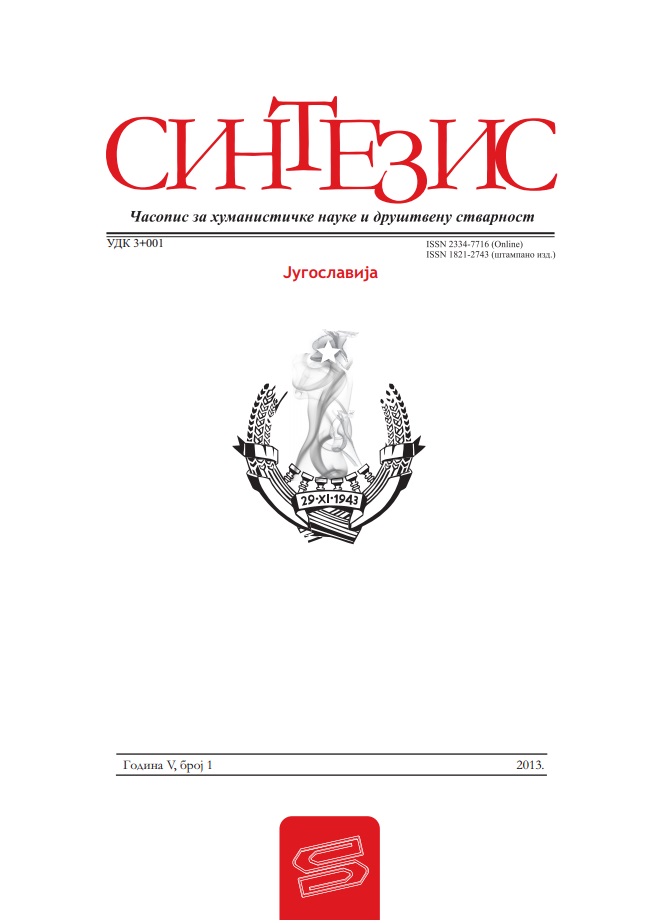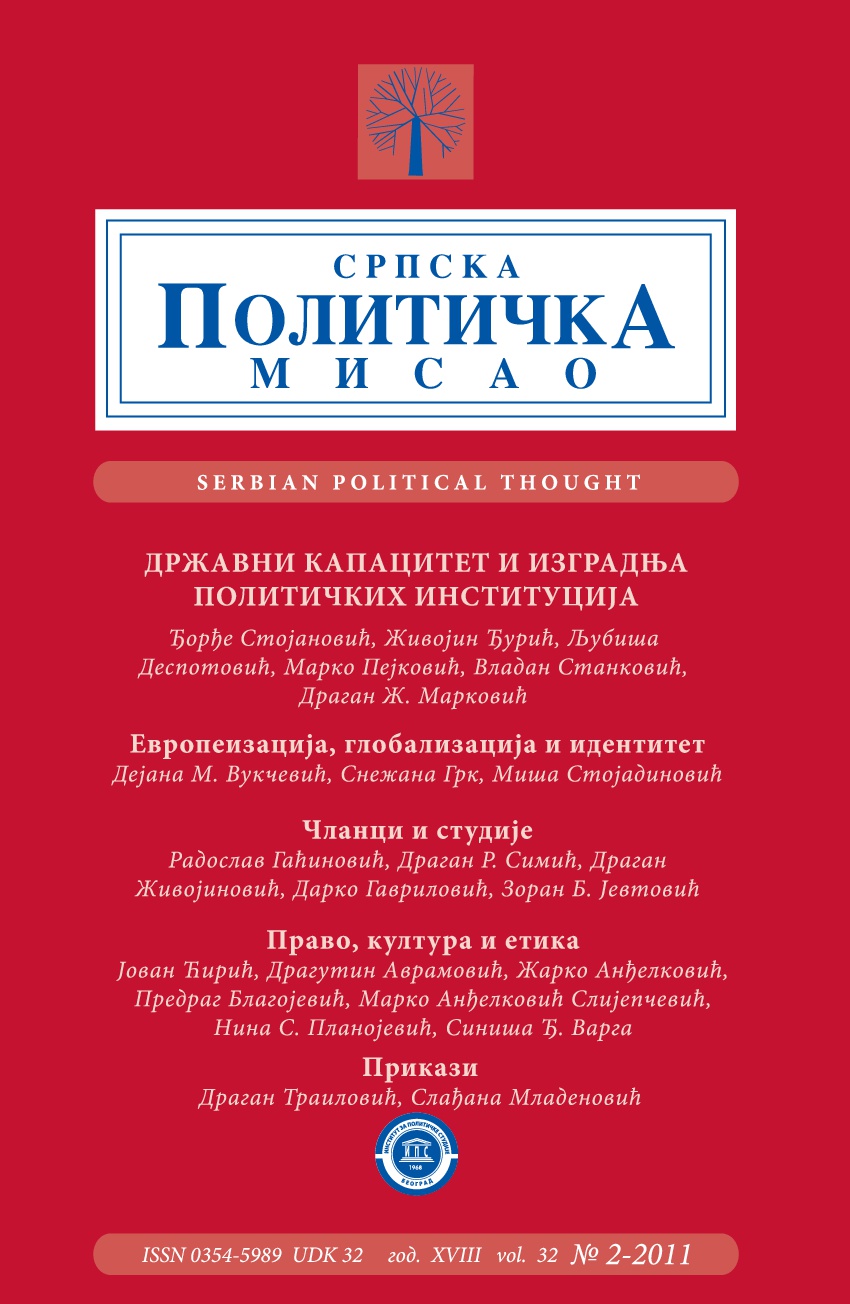Author(s): Hüseyin Özcan,C. Sezen Gönenç / Language(s): Turkish
Issue: 84/2015
Memorates are one of the concepts contained in oral culture. There are important functions that affect personal and social life of memorates. There are many functions that regulate social life as to be transferred to the next generation of the values like prevention of people from doing the wrong things, stimulation, relief from psychological aspect, directing to the right path, organization of social life, reinforcement of the beliefs and values. Memorates, are educational communication tool between people of the same faith denominator invention and also are texts showing the social subconscious and spiritual perception. Memorates are sometimes took place with the communication forms which is constituted with a religious person by the way of a dream or yakaza (a situation of being between sleeping and awakening). In our study, memorates had been examined that occur around the Karaca Ahmet who is known as a saint of Alewi and folk doctor of his period that shows a lot of miracle and it’s been constructed lots of shrines and ranks for him in Afyonkarahisar, Ankara, Aydın, Bursa, Bolu, Denizli, Isparta, İstanbul, Kütahya, Makedonya, Manisa, Sakarya, Uşak and that lived in different geographies of Anatolia and Rumelia. Memorates are done with the visitors who are coming for Karaca Ahmet Sultan that we compiled in oral culture medium with interview method done by field study in İstanbulÜsküdar Karaca Ahmet Sultan Islamic monastery Memorates were examined under seven heading related with physical structure, clothes and scepter of Karaca Ahmet, expectations from him, requests, his warnings, signs and news to the future from him and his tomb. In our study, memorates texts compiled from seventy-four people took part in summarized form. In memorates that formed on about Karaca Ahmet, how he consists in the world of his people, how it affects people of attention, it’s been made determination and comment that the place of memorates in Alewi belief and contributions to these belief values in this review.
More...


